A vibrant democracy requires all voices to be heard in the electoral process – including immigrants who live, work, and raise their families in California. Immigrant voting has made a comeback in recent years, but it has been around since the 1900s. As part of the GOP’s voter suppression campaign, Republicans have filed lawsuits across the country in an attempt to disempower thousands of immigrant voters in municipal elections.
Last month, CAA convened the first ever immigrant voting strategy session bringing together activists from all over California advocating, at various stages, to expand voting rights to immigrants. Below are some exciting highlights from the convening:
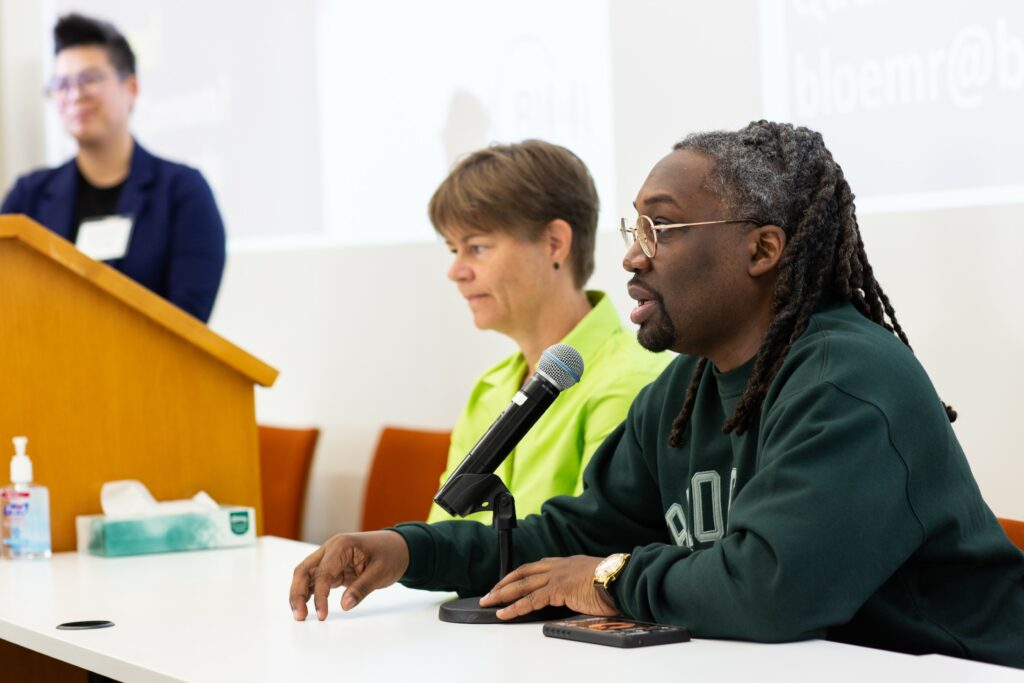
Immigrant voting has become a national and a global movement. Representatives from New York and Maryland shared about ongoing litigation and implementation of immigrant voting through voter outreach, education, and registration. Referendums allowing immigrant voting in Europe are gathering steam as allies sent a multilingual welcome video highlighting the transatlantic movement across the continent.
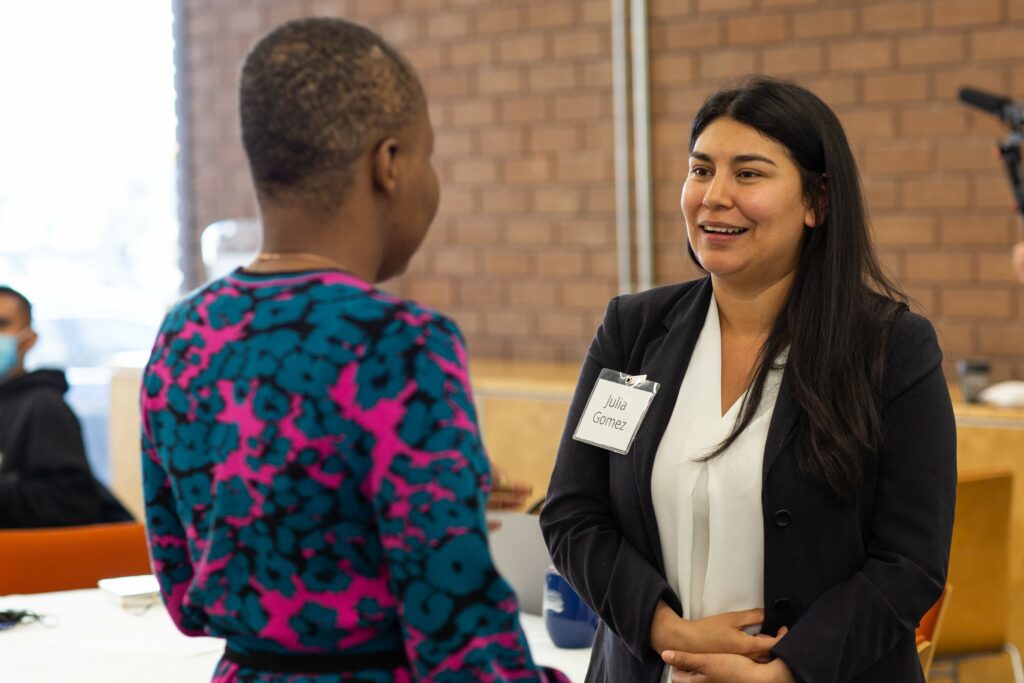
Up and down the state of California, the cities represented included Los Angeles, Oakland, Richmond, San Jose, Fresno, Long Beach, Pasadena, Santa Ana, and San Francisco.
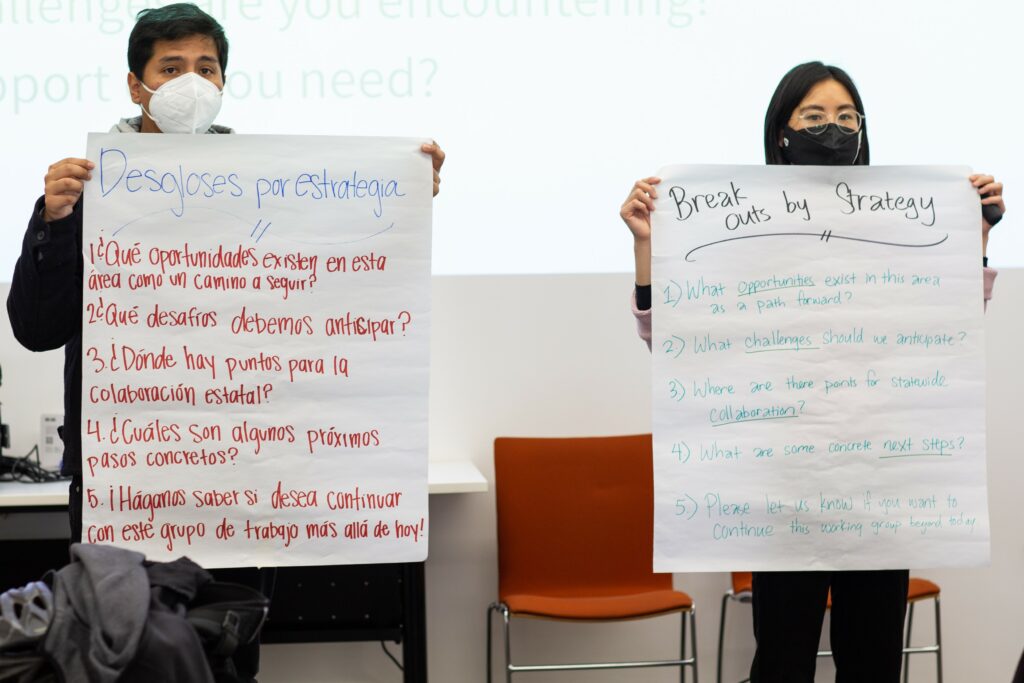
Oakland and San Francisco have both passed immigrant voting ordinances and face lawsuits, while Santa Ana and San Jose are actively working towards a ballot measure. Long Beach, Fresno, and Pasadena are in earlier stages of considering immigrant voting measures. The convening allowed us to map out the statewide landscape, discuss how organizations can support each other, and explore the challenges we face to build a more inclusive democracy.
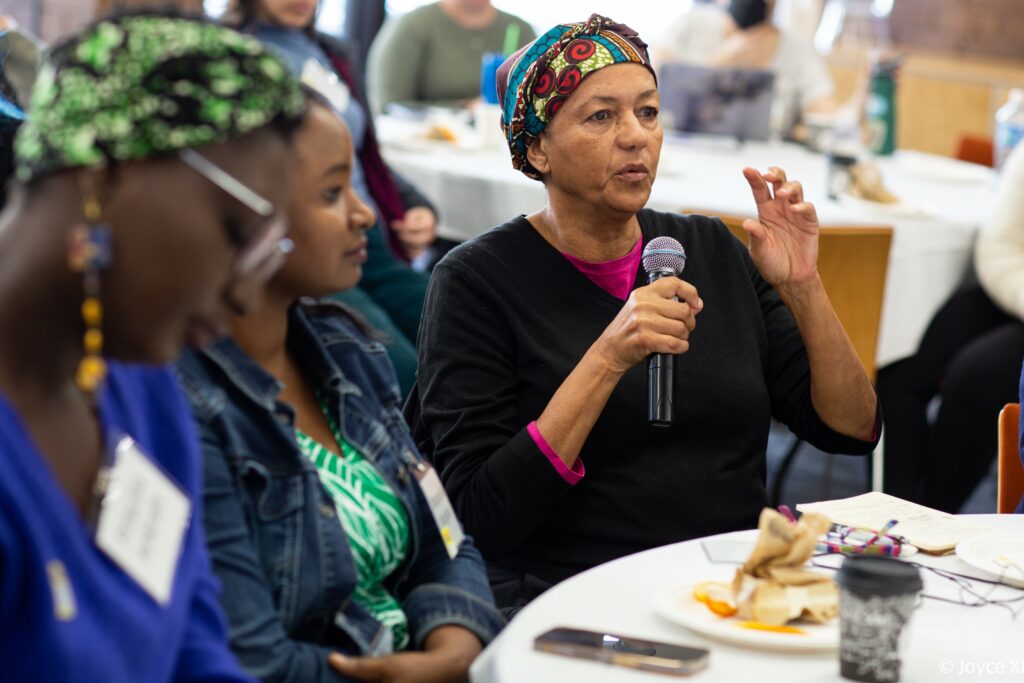
Over the course of two days, a cross section of diverse ethnic groups including LatinX, Black immigrants, pan Asian, Arab, and Muslim organizations and immigrant rights activists came together to strengthen our movement to expand our democracy. Bringing together different sectors to strategize paths forward at local and statewide levels, the event drew organizers, advocates, researchers, academics, legal experts, and government officials to the table.
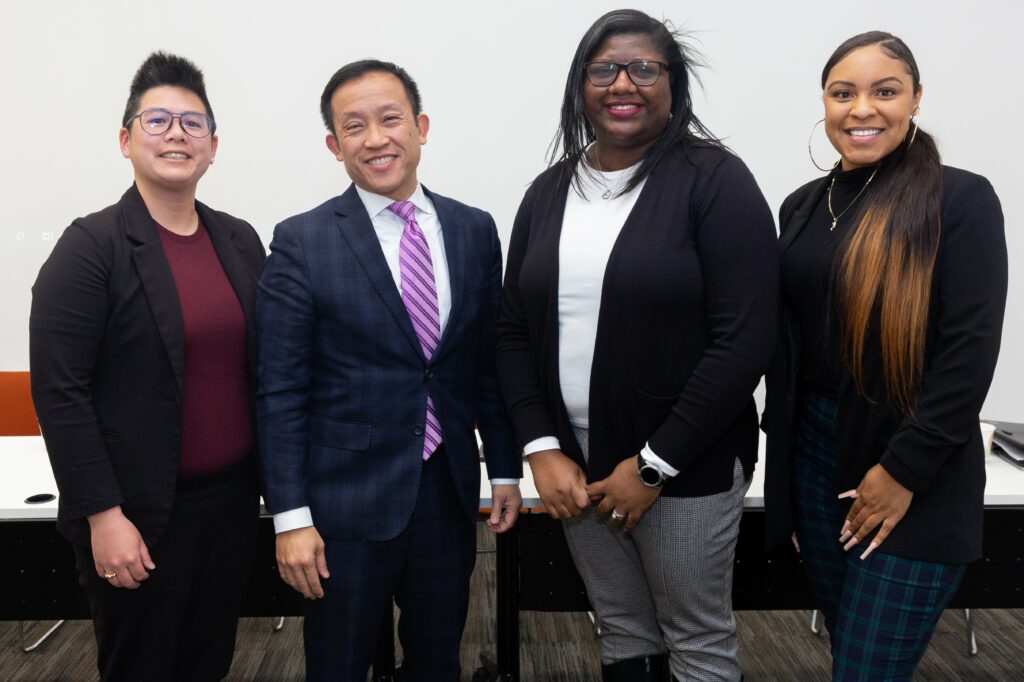
At the end of the 2-day convening, regions across the state shared a desire to reconvene to continue exploring ways for us to support one another and coordinate statewide strategies on various fronts including legal, legislation, communications, community organizing, and coalition building.
In solidarity,
Annette Wong
Managing Director of Programs



